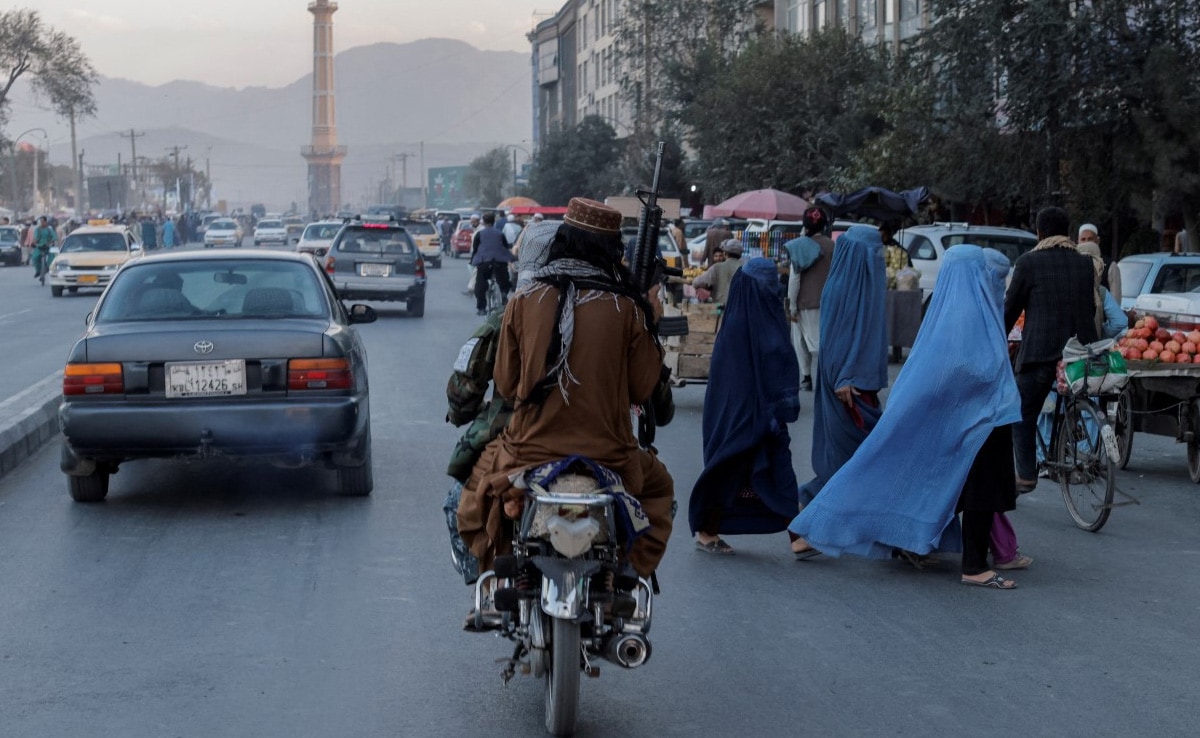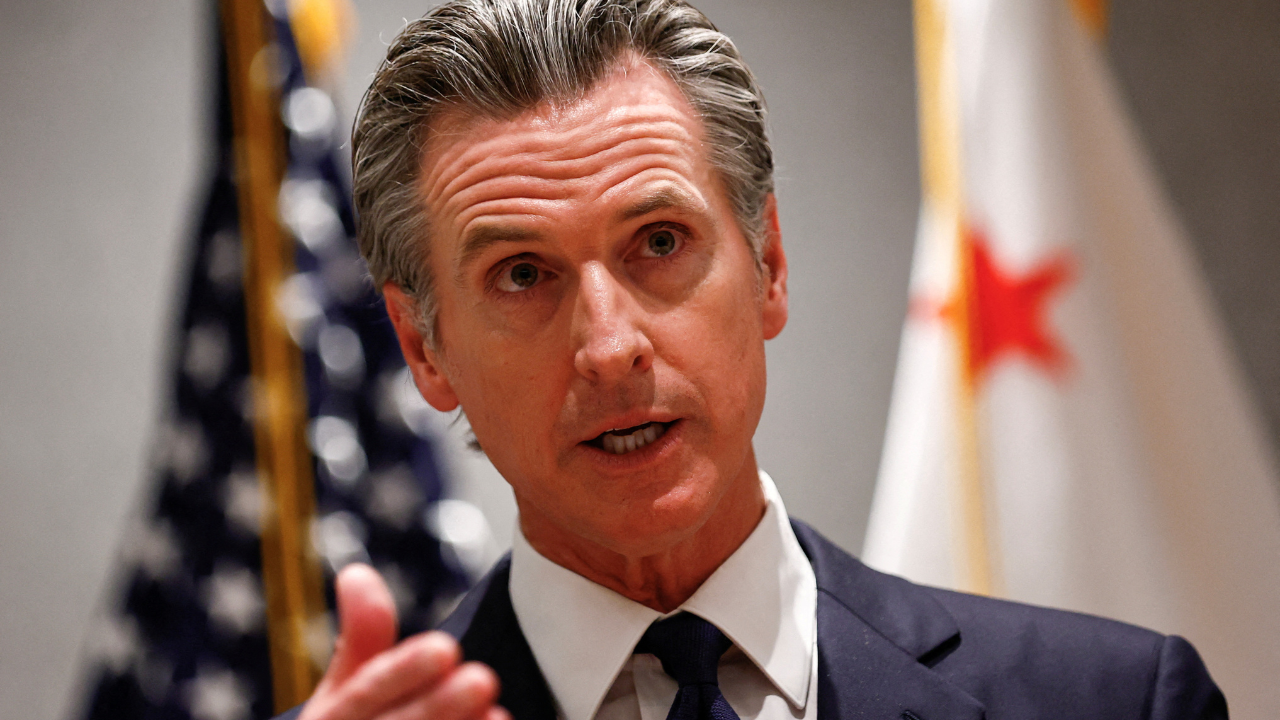Pakistan, Afghanistan Among Global Food Shortage "Hotspots": Report
Two United Nations bodies Food and Agriculture Organisation (FAO) and the World Food Programme (WFP) have foreseen acute food insecurity in Pakistan that is likely to further exacerbate in the coming months, if the economic and political crisis furth

Two United Nations bodies Food and Agriculture Organisation (FAO) and the World Food Programme (WFP) have foreseen acute food insecurity in Pakistan that is likely to further exacerbate in the coming months, if the economic and political crisis further worsens. Pakistan and Afghanistan have been declared "early warning hotspots," Khaama Press reported.
Warnings on Pakistan and Afghanistan have been issued in a report jointly published by the FAO and the WFP from June to November, Noman Hossain, Freelance Journalist, said in the Khaama Press report.
The WFP in the report said, "Pakistan, the Central African Republic, Ethiopia, Kenya, the Democratic Republic of the Congo and the Syrian Arab Republic are hotspots with very high concern, and the warning is also extended to Myanmar in this edition."
It further said, "All these hotspots have a high number of people facing critical acute food insecurity, coupled with worsening drivers that are expected to further intensify life-threatening conditions in the coming months."
In addition to political turmoil, Pakistan's International Monetary Fund (IMF) financial bailout has been delayed for the past seven months. Pakistan has to pay USD 77.5 billion over the next three years, Khaama Press report. The repayment amount is "substantial" keeping in view Pakistan's GDP of USD 350 billion in 2021.
The report said, "The political crisis and civil unrest are likely to worsen ahead of general elections scheduled for October 2023, amid growing insecurity in the northwest of the country. A shortage of foreign reserves and a depreciating currency are diminishing the country's ability to import essential food items and energy supplies and increasing food items' prices besides causing nationwide energy cuts."
More than 8.5 million people in Pakistan are likely to face acute food insecurity between September and December 2023. 70 per cent of people in Afghanistan do not get two proper meals a day. Economic and political crises are reducing households' buying power and ability to purchase food and other essential goods, Khaama Press reported.
The report also said that the coal and food export revenues could witness a decline if the economic and political crisis in Pakistan and the security situation in border areas continue to deteriorate.
Taliban assumed power in Afghanistan in August 2021. The international community has not recognised the Taliban-led government. Meanwhile, instability in Pakistan has worsened the economy since lawmakers, the judiciary and the army continue to clash with each other.
Amid the ongoing political situation in the country, Pakistan does not have the money to secure food imports on ships anchored at its ports. It has led to shortages of basic necessities like wheat flour.
In March-April, the Pakistan government set up distribution sites across the country to provide free flour to people to ease their burden amid rising prices. However, the initiative caused trouble in several places where the stampedes erupted, killing and injuring people, Khaama Press reported citing The Diplomat journal.
Mariyam Suleman Anees, a development specialist from Gwadar, Balochistan province, wrote, "Pakistanis are putting their lives at risk to collect something as basic as a sack of flour. It illustrates how the rising cost of food and other necessities is driving desperation and impacting the masses," Noman Hossain said in the Khaama Press report.
Anees raised questions about the stampedes and how Pakistan ended up here. She even asked about how the economic crisis could affect most of the people in Pakistan, particularly international projects, especially those with China under the China-Pakistan Economic Corridor (CPEC), which Pakistan considers vital for its future economic growth?"
As per the Khaama Press report, Mariyam Suleman Anees further said, "Instead of the promised economic growth through CPEC, China's loans may have worsened Pakistan's economic crisis. But it is still too early to conclude whether CPEC debts will drain the Pakistani economy or open up opportunities for growth in the future."



































![Safari Thorium Neo 8-Wheel Luggage Set Trolley Bags (Set of 3) at just Rs. 5,599 [MRP 29,100]](https://savefree.in/uploads/images/202409/image_870x580_66f63845060f0.webp?#)












![Handmade Brown Mango Wood Chopping Board At just Rs. 89 [MRP 599]](http://savefree.in/uploads/images/202303/image_870x580_641bf7e9c2206.jpg?#)


